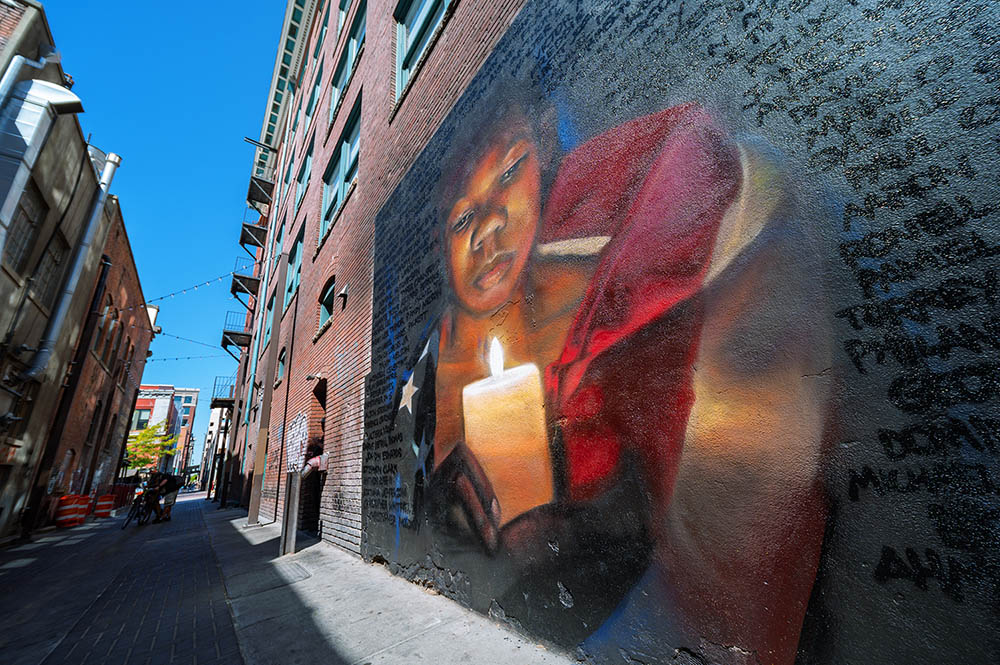Message from Dean Osteen during Minority Mental Health Month

Dear Social Work Community,
For hundreds of millions around the globe, the familiar stars and stripes of the U.S. flag represent a promise of hope, opportunity, bravery, and innovation. We have plenty of reasons to feel a sense of national pride. But America’s history is also one of fear, discrimination, hardship, and devastating cruelty. For many, the trauma of past events—whether they occurred centuries ago or mere weeks ago—continues to be felt, and continues to impact daily life.
 While Americans have been reckoning with systemic racism and implicit and explicit
bias for generations, its pervasiveness was brought center-stage (again) in 2020 with
an incomprehensible number of racially-motivated murders and violent acts. These
events, along with the COVID-19 pandemic itself, further aggravated the significant social and environmental stressors that were already a part of daily
life for America’s minority communities.
While Americans have been reckoning with systemic racism and implicit and explicit
bias for generations, its pervasiveness was brought center-stage (again) in 2020 with
an incomprehensible number of racially-motivated murders and violent acts. These
events, along with the COVID-19 pandemic itself, further aggravated the significant social and environmental stressors that were already a part of daily
life for America’s minority communities.
People belonging to historically marginalized ethnic or racial groups—which, according to 2020 census data, comprise approximately 41% of the U.S. population—are not receiving the mental health care they need; critical reasons include lack of access to services, underutilization of services, and ongoing stigma associated with mental health and care. The U.S. Department of Health and Human Services notes that these populations are also likely to experience poor mental health outcomes. Language barriers and a general lack of diverse representation and cultural literacy among care providers also add to the problem.
This month, as we proudly celebrate our nation, let us strive to keep in mind the whole truth of our history. Let us commit to grappling with the difficult, often shameful elements of our past in a genuine effort to better support and empower those around us in the future. Let us promise to always be open to learning more about others, especially those from historically underrepresented groups. And let us work to build the mental health infrastructure essential for the safety and well-being of all Americans.
Philip Osteen, PhD
Dean
